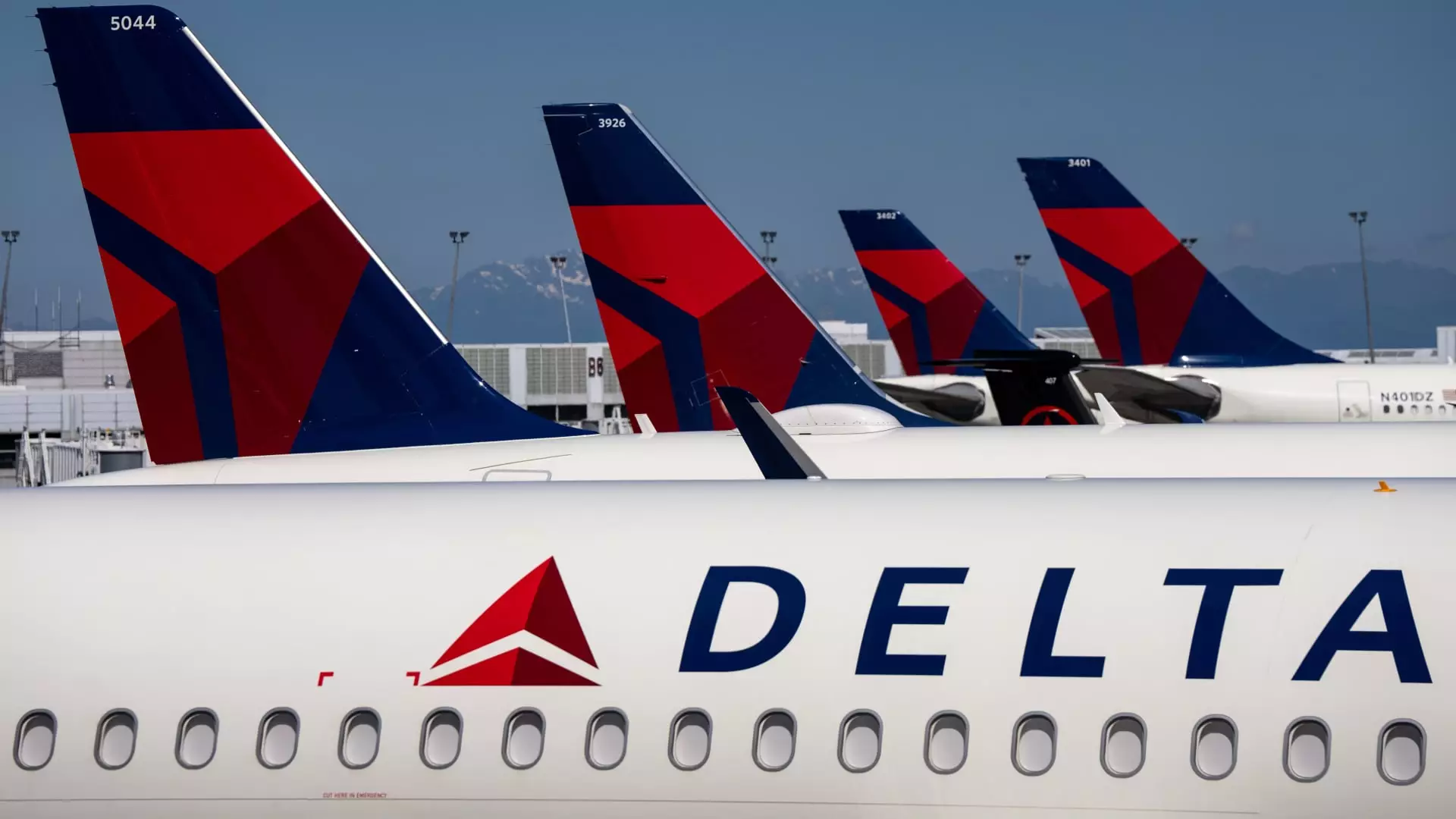In a recent operational hiccup, Delta Air Lines has made headlines by halting hot meal services for over 200 flights at its primary hub in Detroit Metropolitan Wayne County Airport (DTW). This suspension stemmed from a critical “food safety issue” detected during an inspection of the kitchen facilities used by Delta’s catering partner. Food safety is an increasingly vital concern in the airline industry, where the quality of in-flight meals can significantly impact customer satisfaction. As Delta strives for excellence, the decision to pause hot meal services was likely a preemptive measure to ensure the health and safety of its passengers.
According to a statement released by Delta, when the food safety concern was brought to attention during the inspection of the facilities, immediate action was taken: both hot food production and all related operations at that particular kitchen were ceased. Though the exact nature of the food safety issue has not been publicly disclosed, the airline assured customers that alternate sourcing channels would handle onboard meal provisioning during the shutdown. Such incidents underline the complexities of supply chain logistics that airlines face, especially when they depend heavily on third-party catering kitchens to provide thousands of meals each day.
Impact on Passengers
The implications of this decision have not gone unnoticed among passengers. A message relayed to flight crews revealed that first-class meals could not be loaded onto affected flights, compelling Delta to substitute the standard meal offerings with an assortment of additional snacks instead. This shift not only affects the dining experience for premium class passengers but also reflects a broader challenge that airlines invariably face: maintaining service quality during unforeseen disruptions. Delta’s proactive approach, offering travel vouchers or frequent flyer miles to affected customers, points to an effort to mitigate dissatisfaction, but it remains uncertain whether these compensatory measures truly address the frustration stemming from altered meal services.
This incident acts as a reminder of the nuanced relationship between food service and health regulation in the airline sector. Airlines, operating within a highly regulated environment, must navigate strict guidelines set forth by the Food and Drug Administration (FDA). The lack of immediate commentary from the FDA highlights an element of uncertainty; how promptly regulatory bodies respond can influence public perception regarding airline safety standards. Furthermore, this situation draws attention to the increased consumer awareness around food safety and hygiene in travel, with expectations rising for transparency and swiftness from service providers in handling food-related issues.
Delta Air Lines’ experience serves as a cautionary tale within the airline industry, emphasizing the importance of rigorous food safety protocols and the challenges that emerge when issues arise. As the sector grapples with operational complexities, passenger comfort remains a significant area of focus. The airline’s ability to rebound from this setback will undoubtedly be measured by its commitment to maintaining high standards and ensuring customer satisfaction, critical elements that ultimately shape the traveler experience in an increasingly competitive market.


Leave a Reply